Voices from the Field
The Education First team conducted interviews with stakeholders across the state to deepen and contextualize our understanding of Texas students' experiences. Here are some of their insights.
“There are many rural eighth-grade campuses that don’t offer Algebra I…We have a number of students who may be capable and able to get on a pathway that sets them up for upper-division math courses, but they don’t have an opportunity.” (Higher Education Leader)
The following perspective was shared by a participant in the Central Texas Math Summit, led by the Charles A. Dana Center at The University of Texas at Austin and E3 Alliance, and is included here to underscore the importance of a strategic focus on math:
“One [result of the summit] is better understanding, better articulation, better communication. What are the correct mathematical pathways? Who has that understanding and that knowledge and who doesn’t? And how do we make sure that we scale that understanding? Making sure that we have the right alignment all the way up and the right articulation between things like our areas of study, the university’s majors, and the endorsements at the K–12 level.”
Partner Spotlight
MathEquity Texas is a coalition of leaders across Texas focused on expanding and accelerating efforts to remove barriers that impede equitable outcomes for students. In Year 1, the MathEquity Texas community convened, learned together about equity dimensions and frameworks from published research, and created equity commitments. Over the next two years, members will take action, share their work, and monitor their progress. The initiative is facilitated and supported by the Charles A. Dana Center at The University of Texas at Austin.
Learn more about MathEquity Texas here:
www.utdanacenter.org/our-work/higher-education/mathequity-texas
Read Director of Programs & Strategy Leslie Gurrola’s reflections on participating in MathEquity Texas here:
www.utdanacenter.org/blog/making-space-thoughtful-purposeful-equity-conversations
to top ^ |


